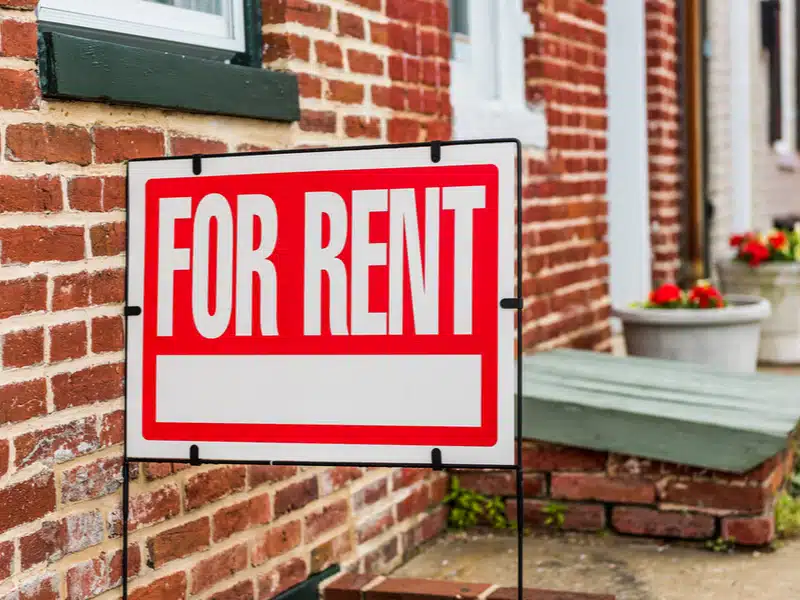As the COVID-19 pandemic rages on, you may find an eviction notice hanging on your door.
If so, you share the same experience with millions worldwide who lost their livelihoods due to the government lockdowns.
These were meant to protect the public against the contagion, but it left people fending off unemployment and homelessness.
If you’re also struggling to stay in your home, here are tips on how to fight an eviction.
How Does An Eviction Notice Work?
First, let’s discuss the steps in the eviction process.
Your landlord can’t immediately evict you as they have to terminate your tenancy first. Typically, they would send you a written notice about a violation you’ve committed.
To understand how to fight an eviction, you must learn the types of termination notices:
- Quit Notices – You’ll receive these if you failed to pay rent. These usually give you a few days to complete the payment. If you don’t, you’ll have to “quit” or move out.
- Cure or Quit Notices – If you violate a condition stipulated in your rental agreement, you’ll receive this kind of notice. These provide a duration when you must correct or “cure” your tenancy infraction.
- Unconditional Quit Notices – Tenants who have repeatedly or severely violated their rental agreements receive this type of notice. It orders a tenant to vacate the premises, without any chance for negotiation.
If you fail to comply with the eviction notice, your landlord may file an unlawful detainer or UD lawsuit.
Furthermore, you must be aware of the notice periods when learning how to fight an eviction.
A landlord may evict you without cause as long as they issue a 30-day or 60-day notice to vacate. Please note that your state may have different rules regarding the notice period.
If you live in New Hampshire and New Jersey, you’re fortunate to have “just cause eviction protection.” This requires landlords to provide legal reasons before evicting a tenant.
Nevertheless, your landlord should file a summons and complaint if you haven’t moved out or cured your violation. Consequently, you’ll be issued a court order that you must attend.
Otherwise, the judge will probably rule against you despite having a potential defense against the eviction.
During the eviction hearing, you have a chance to lower your landlord’s chances of winning.
You may point out mistakes in the paperwork in preparation for the lawsuit. You may also cite the landlord’s illegal practices, such as failure to maintain the rental premises properly.
How To Fight An Eviction
Once your landlord files an eviction lawsuit, don’t panic. There are more ways to fend off eviction aside from the ones we’ve mentioned.
First, discuss the eviction issue with your landlord or mortgage lender. Understand your state’s eviction laws, and hire an attorney to handle your case.
Sometimes, you may invoke the force majeure clause that’s stated in your tenant or mortgage agreement. It may consider the pandemic as an act of God so that it might prevent your eviction.
Call your Landlord or Mortgage Lender
One of the important ways on how to fight an eviction involves peaceful dialogue with your landlord.
Try to communicate with your landlord when it comes to these issues, and never ignore their phone calls or emails.
Discuss your reasons why you’re struggling to comply with their notices, so you may both find a solution. If you’re unable to pay rent fully, your landlord may allow partial payment temporarily.
After all, they also understand the current situation with the pandemic. Remember that they would like to keep their existing tenants as much as possible. It would be costly for them to accept new tenants due to the coronavirus crisis.
Homeowners must also follow a similar way on how to fight an eviction. They would have to speak with their mortgage lender, who may also negotiate an alternative payment plan.
However, you should attend the hearing if you’re summoned to court. You’ll be able to plead your case, and you avoid receiving an immediate eviction.
Hire an Eviction Lawyer

Another method on how to fight an eviction is hiring professional counsel.
Find a lawyer who can defend you once your case is called. They have a legal background that could help you succeed in winning the case and reaching an agreement.
Search for local legal aid organizations that may assist with eviction cases. You may visit their physical office or an online website.
If you’re unable to afford legal services, you may visit the Legal Services Corporation. Congress established it in 1974 to provide justice for low-income Americans.
Learn The State Eviction Laws
You’ll learn how to fight an eviction in your state by knowing its specific real estate laws.
Your landlord can’t file an eviction without proper cause. Otherwise, you may use this mistake as a defense in your eviction hearing.
Check the Department of Housing And Urban Development website to learn more about your legal protections. What’s more, you may check online legal encyclopedias for more information.
Use The Force Majeure Clause
Finally, you may invoke the force majeure clause, the last possible method on how to fight an eviction.
Otherwise known as “superior force” in French, this clause can cite acts of God as legal protection. These are phenomena outside human intervention, such as earthquakes, hurricanes, and of course, pandemics.
Homeowner or tenant agreements may have this clause, so it may just help you avoid eviction.
While it’s not guaranteed to work, it’s worth a shot.
Final Thoughts

There are many ways on how to fight an eviction, so try each available one.
Remember that your landlord can’t immediately eject you or your belongings despite winning the eviction lawsuit.
They must submit the court judgment to local law enforcement and pay a fee. Then, a marshall or a sheriff will give a notice stating his return after a few days to escort you out.
This is the step on how to fight an eviction where you must concede defeat and vacate the premises.
Note that you still have the right to receive an accounting for your security deposit. However, it will be used for maintenance costs and delinquent rent.
In response to the COVID-19 outbreak, several states and cities have implemented eviction moratoriums. This could be another way to fight an eviction due to the pandemic.
However, please note that you are still obligated to pay rent despite the eviction ban. Please check your local government for more information.
Learn More About Fighting an Eviction Notice
How long do you have to move out after an eviction notice?
Usually, you have 30 or 60 days to leave the property upon receiving an eviction notice. However, this will depend on your state’s specific laws.
What does an eviction notice look like?
Typically, it will site your name and your tenant information. Then, it will declare the reasons for the notice followed by the notice period. It will also contain the penalties you’ll incur if you fail to comply.
What happens when you get an eviction notice?
Depending on the type of notice, you’ll be given time to follow the demands written on it. Otherwise, you may receive an eviction lawsuit with a court summons. Some notices are non-negotiable, though, so you must vacate immediately.
How long is an eviction notice?
Depending on your state, it may last around 30-60 days. Please check your state’s laws for more info applicable to your area.
How to get an extension on an eviction notice?
You may discuss with your landlord or mortgage lender for a possible extension. Alternatively, you may file for bankruptcy so that you could repay over an extended period.












